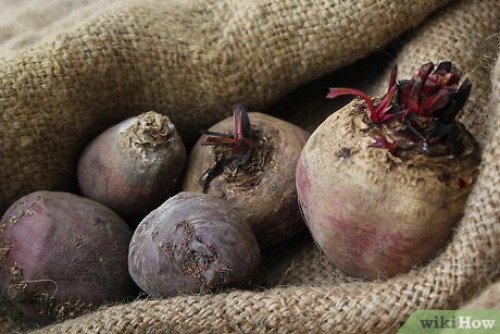If you've been to my house, you know my mother is a chai connoisseur. Her kitchen garden is a chai lover's dream. She uses mint, rosemary, cinnamon, cardamom and grass to enhance the flavor of her chai. One of my friends had to admit to me that she comes to my house to have mom make her chai, which is fantastic! So I've decided to reveal one of her chai secrets in this chapter. Lemongrass!
Lemongrass is a tropical Asian plant native to India and Sri Lanka. It has been farmed in these areas for generations and is frequently utilized in traditional medicine and food. Lemongrass has spread throughout the world, including Africa. Lemongrass was introduced to Africa by early traders and explorers.
Lemongrass is currently grown and utilized throughout Africa, from North Africa to South Africa, and is an essential element in many African cuisines and traditional treatments. It is also planted as a cash crop in some areas, providing farmers with a source of income.
It is crucial to know that there are different types of lemon grass. The most popular being East Indian lemongrass (Cymbopogon flexuosus). Its powerful lemon flavor makes it popular in aromatherapy and perfumes. It may grow up to 6 feet tall and has long, thin leaves.
West Indian lemongrass (Cymbopogon citratus): This plant is widely used in cooking and herbal therapy. East Indian lemongrass has a stronger lemon fragrance and shorter, broader leaves. Citronella grass, also known as Cymbopogon nardus, is a natural insect repellant, and citronella oil is made from Cymbopogon winterianus.
Lemongrass's growth across Africa reflects its appeal and flexibility as an ingredient. Lemongrass is popular among chefs and food fans because of its distinct lemony flavor and scent, and its medicinal capabilities have made it a mainstay of traditional healing methods in many African societies.
Several African nations, notably in West and East Africa, utilize lemongrass. Lemongrass is known as "fever grass" or "citronella grass" in these areas and is utilized as both a culinary herb and a therapeutic plant.
Lemongrass is a versatile herb and with it’s fresh, lemony scent and flavor,it is used as a flavoring in a range of foods, including stews, soups, sauces, and curries, as well as teas (mchaichai) and sweets. Yet lemongrass is treasured for more than just its culinary applications; It also has a long history of numerous health advantages.
Lemongrass is a prominent component in many cuisines and may be used fresh or dried. To use fresh lemongrass, remove the rough outer layers and finely slice the sensitive interior stalks. Dried lemongrass may be rehydrated by soaking it in hot water for a few minutes before using.
Lemongrass essential oil is also available for use in aromatherapy and as a natural insect repellant. Nonetheless, essential oils should not be consumed without the supervision of a healthcare expert.
Lemongrass is high in antioxidants, which assist the body fight free radicals and lower the risk of chronic illnesses. It also includes a variety of vitamins and minerals, including A, C, potassium, and calcium.
Lemongrass has been used to cure a variety of diseases in traditional medicine, including fever, colds, headaches, stomach disorders, lung infections, and malaria. Lemongrass is also utilized as a natural bug repellent, both inside and outside the home.
One of the most important health advantages of lemongrass is its ability to relieve inflammation. Inflammation is a normal reaction to injury or infection, but persistent inflammation can lead to a variety of health concerns, including heart disease, diabetes, and cancer. Lemongrass includes various anti-inflammatory chemicals, including citral, which gives the herb its distinctive lemony fragrance.
Lemongrass is also known to have antifungal and antibacterial effects. It has been used to treat a wide range of illnesses, including urinary tract infections, lung infections, and skin infections. It is also used to promote relaxation, decrease anxiety, and may even aid to enhance sleep quality.
Lemongrass as a versatile plant with a long history of usage in traditional medicine and Asian cuisine: Its fresh, lemony flavor and perfume, and its significant health benefits make it a vital addition to any diet. Whether you use lemongrass in cooking or for its medicinal characteristics, this plant will give a pleasant and healthy touch to your life.




Add your reply
Replies